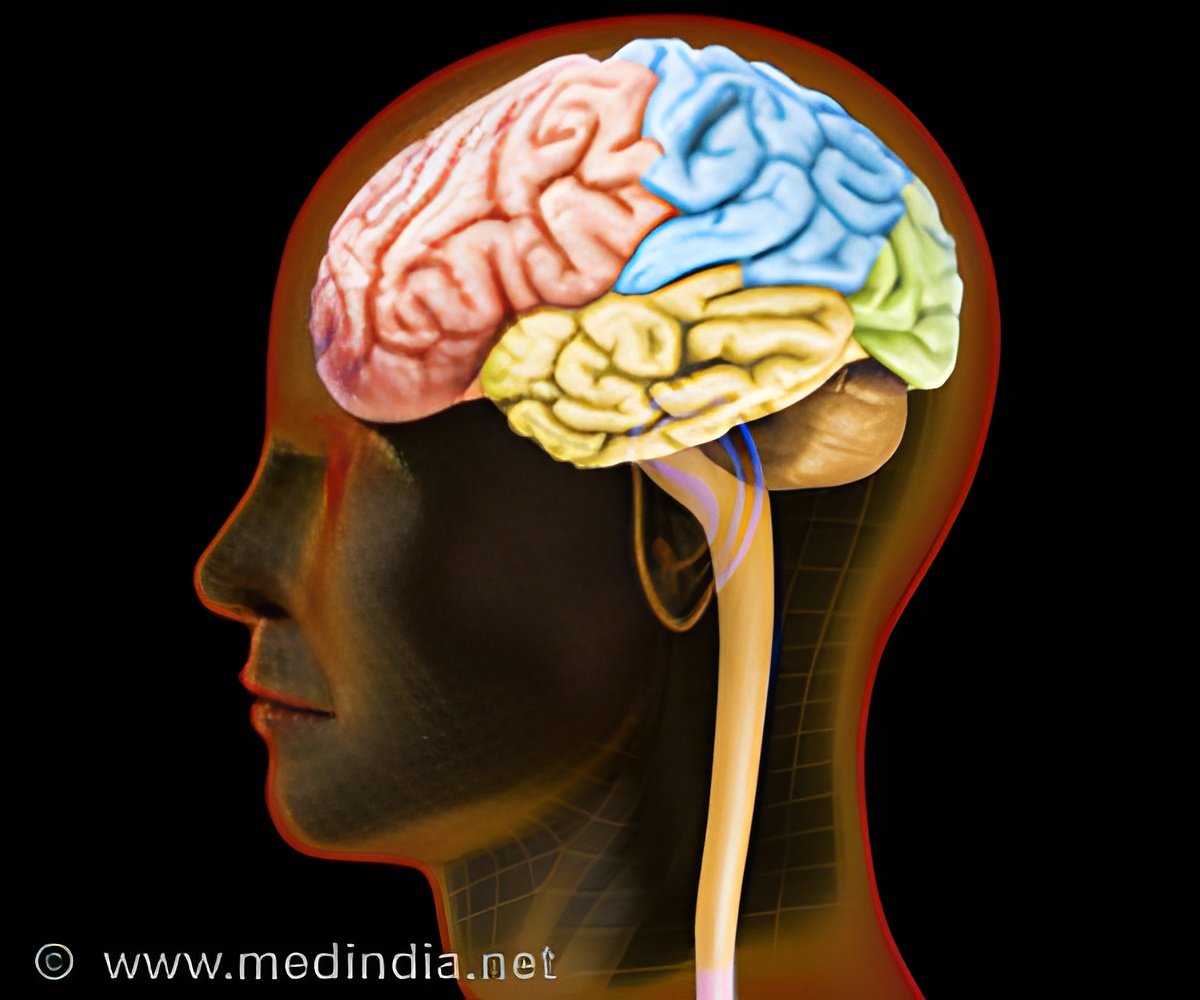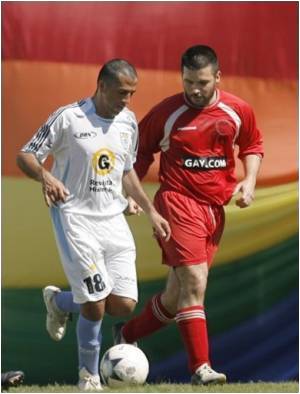
"A better understanding of TBI, its presentation and characteristics in the homeless is vital in order to enable appropriate interventions, treatments, and case management in the improvement of outcomes for this important segment of the population," said Dr. Jane Topolovec-Vranic, a clinical researcher in the Trauma and Neurosurgery Program at St. Michael’s Hospital.
"Reducing the prevalence of homelessness and the incidence of injury and illness among people who are homeless would have significant financial, societal and individual implications."
Recent research has identified high rates of TBI among homeless people, but there has been no detailed review of existing data. Dr. Topolovec-Vranic and her colleagues in the Head Injury Clinic at St. Michael’s Hospital reviewed all the recent scientific studies on homelessness and traumatic brain injuries to identify the gaps in knowledge and suggest areas of future research. Their findings were published recently in the journal BMC Public Health.
As many as one in nine Canadians have experienced homelessness or come close to it. Previous research has found that homeless people often suffer from serious health conditions, use the most expensive medical interventions such as emergency rooms, require longer hospital stays than people with homes and are at increased risk of death.
The studies Dr. Topolovec-Vranic and her team reviewed found that anywhere between 8 and 53 per cent of homeless people–mostly men--have traumatic brain injuries. The majority suffered a TBI before becoming homeless, suggesting TBI might be a risk factor for homelessness. It’s also possible that impulse control disorders, for example, could predispose individuals to both TBI and homelessness, she said.
Advertisement
"It is also suggested that in the homeless population, cognitive impairment may increase the risk of remaining homeless, illustrating the potential for TBIs to contribute to the chronicity of homelessness," Dr. Topolovec-Vranic said.
Advertisement














